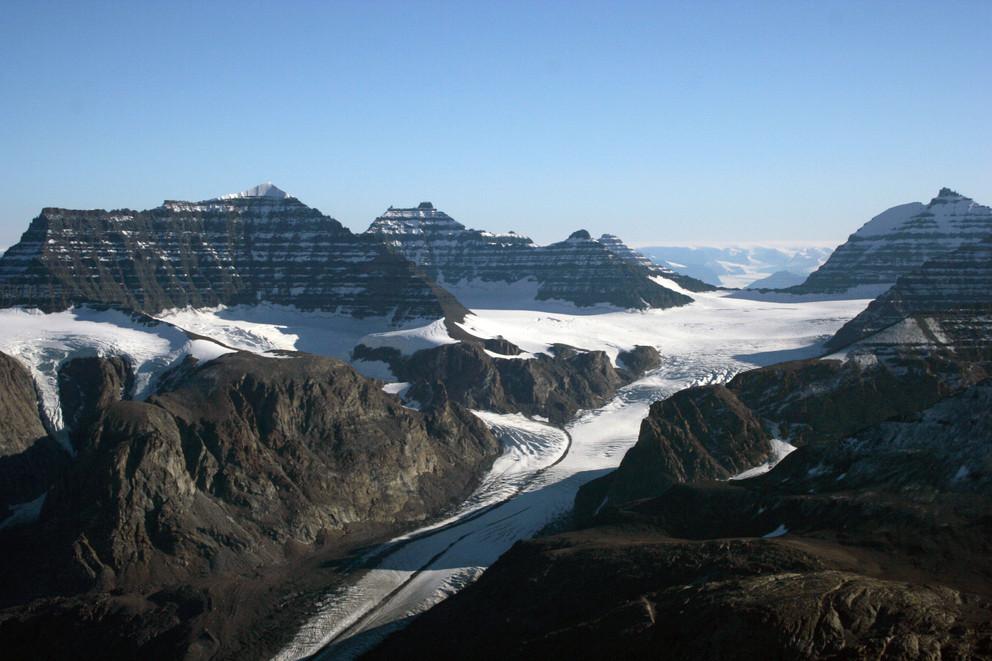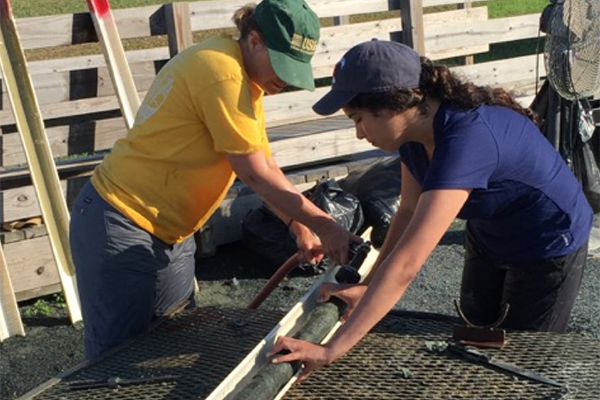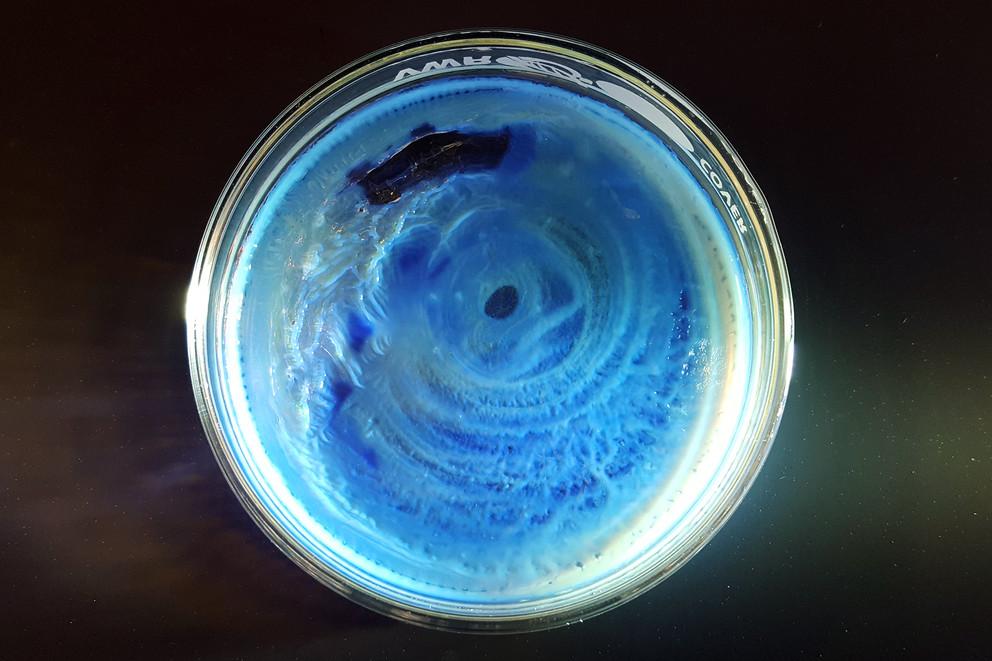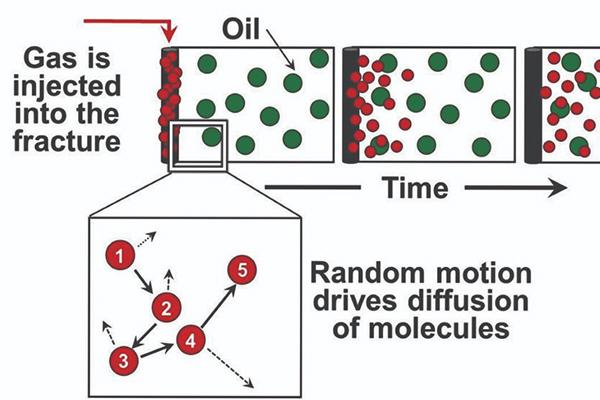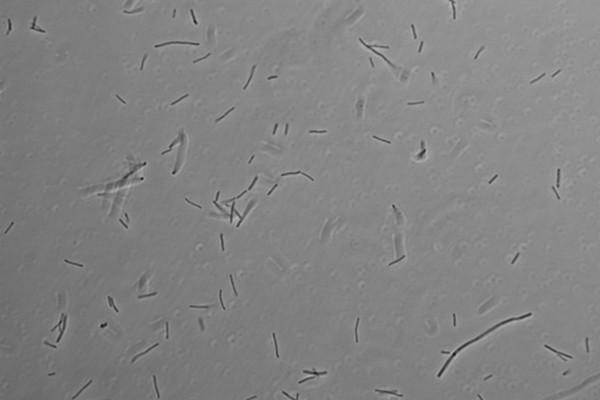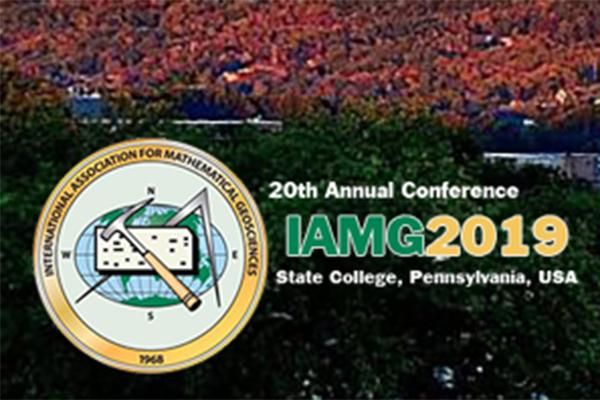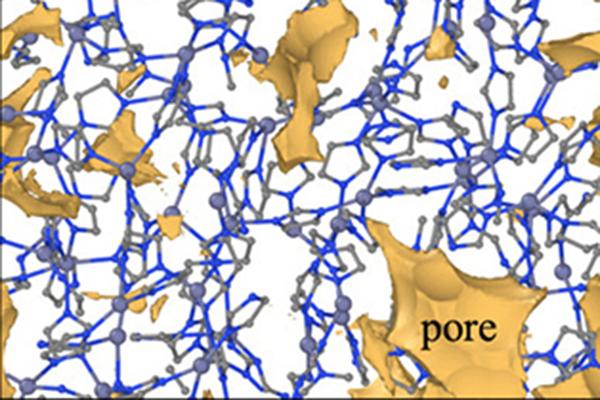Read the latest news about research conducted by investigators in the College of Earth and Mineral Sciences. Our faculty and students are continually advancing technology, creating solutions and expanding knowledge with new and innovative research.
News
The Greenland ice sheet melted a little more easily in the past than it does today because of geological changes, and most of Greenland's ice can be saved from melting if warming is controlled, says a team of Penn State researchers.
In an effort to modernize and reimagine the United States' power grid, Penn State researchers have qualified for a highly selective, innovative competition sponsored by the U.S. Department of Energy.
A rapid rise in temperature on ancient Earth triggered a climate response that may have prolonged the warming for many thousands of years, according to scientists.
Robert Hickey, assistant professor of materials science and engineering, will use a $450,000 grant from the United States Air Force to research nanostructured polymer materials for applications in integrated optical circuits, which could allow computers to process information at light-speed.
Oil companies are missing out on vast sums of recoverable oil in unconventional reservoirs, according to Penn State experts.
Microbes that thrive in some of the most extreme places on Earth have discovered another cozy place to live — inside homes across the United States.
Lauren Zarzar, assistant professor of chemistry at Penn State, has been awarded a five-year, $1 million grant from the U.S. Army to conduct research related to reconfigurable fluids.
The deadline for interested authors to submit abstracts to the 20th Annual Conference of the International Association for Mathematical Geosciences (IAMG) has been extended. Short abstracts will now be due on Friday, Feb. 1.
ZIF glasses, a new family of glass, could combine the transparency of silicate glass with the nonbrittle quality of metallic glass, according to researchers at Penn State and Cambridge University in the U.K.
Penn State researchers were among a team of international scientists whose work on a new climate assessment of North America provides a better understanding of the carbon cycle.



